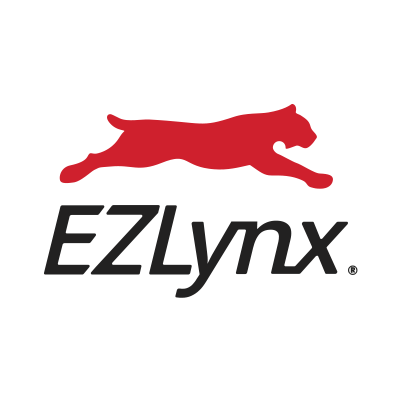In today's rapidly changing insurance landscape, customer expectations, new tech, and new business models are constantly reshaping the industry. Successful change management has become essential for insurance agencies seeking long-term success.
To thrive in this environment, agencies must embrace a comprehensive approach to change management. There are four core principles to embrace for successful change understanding the change you want to make, creating a roadmap for adopting the new technologies or processes, executing the plan, and communicating the plan to stakeholders and team members to get them on board. By managing change effectively, agencies can integrate innovative solutions and streamline processes to drive profitability and customer retention.
Understanding the Change You Want to Make
The first step in any change management strategy is understanding what change you want to make. Are you switching to a new management system? Changing processes? Both? What is the goal of this change? How will it benefit your agency? How will it impact your agency overall? Once you take the first step of understanding the change you want to make, you can move on to step two planning.
Creating a Roadmap
Before you implement any changes to your agency, it’s crucial to have a detailed roadmap. Your change business strategy should include a step-by-step plan for where to start making changes and how to implement them across your agency. If you’re adopting new technology, your tech partner will be able to give you the support and expertise you need to build this plan.
Agencies should also actively seek out best practices and lessons learned from other industries that have successfully navigated similar transformations. By tapping into the knowledge of industry leaders and adopting proven change management methodologies, agencies can increase their chances of successful transformation. As you implement your strategy, you should also be ready to adjust processes as you figure out what works best.
Implementing Change and Getting Everyone on Board
Implementing change and getting everyone onboard are technically two different steps, but they’re inseparable. Once you start putting your change plan in place, it’s important that everyone on your team is behind it. Successful change management is an ongoing process requiring every stakeholder's continuous evaluation, adaptation, and improvement. As part of getting team buy-in, you’ll want to create strong feedback loops and knowledge sharing.
-
Feedback Loops
To address change, agencies should establish robust feedback loops for gathering insights from staff, customers, and industry experts. Feedback enables agencies to identify areas for improvement and refine their change management strategies accordingly.
Within an agency, these feedback loops should include open lines of communication with leadership where anyone from any department can bring up issues. This might include monthly sessions where anyone can raise concerns or share ideas.
-
Knowledge Sharing
Encourage knowledge-sharing between agency teams and each team member. By promoting open communication, agencies can leverage their workforce's collective expertise and perspectives. With agency-wide insights into the challenges and strengths of a new process, it’s easier to double down on strengths and address weaknesses.
The Practical Benefits of Change Management
Integrating new solutions requires careful planning and execution. Change management provides the framework for this integration, ensuring that new tech and processes are adopted effectively. When you have your change management strategy in place, you can more successfully introduce new technologies and get insurance agents up and running with them quickly.
A real-world example of implementing change management could involve switching to a new management system, a shift most agencies will face at some point. A new management system can provide software to track documents more efficiently, use automation to speed up workflows, improve customer service, and boost sales and retention. Having an effective change management plan before you implement this software allows you to quickly tap into the benefits of the new tech. Proper change management strategies, such as communication, training, and support, can help ensure a successful adoption of the new system.
Let’s Wrap It Up: Final Takeaways
As the insurance landscape evolves, the importance of change management becomes increasingly clear. Agencies that prioritize change management and cultivate a culture of adaptability and innovation will be the ones that succeed.
Remember, change management isn’t just a one-time event. It’s an ongoing process that requires a willingness to improve continuously. By embracing this mindset and implementing effective change management strategies, agencies can drive success and position themselves as industry leaders.

